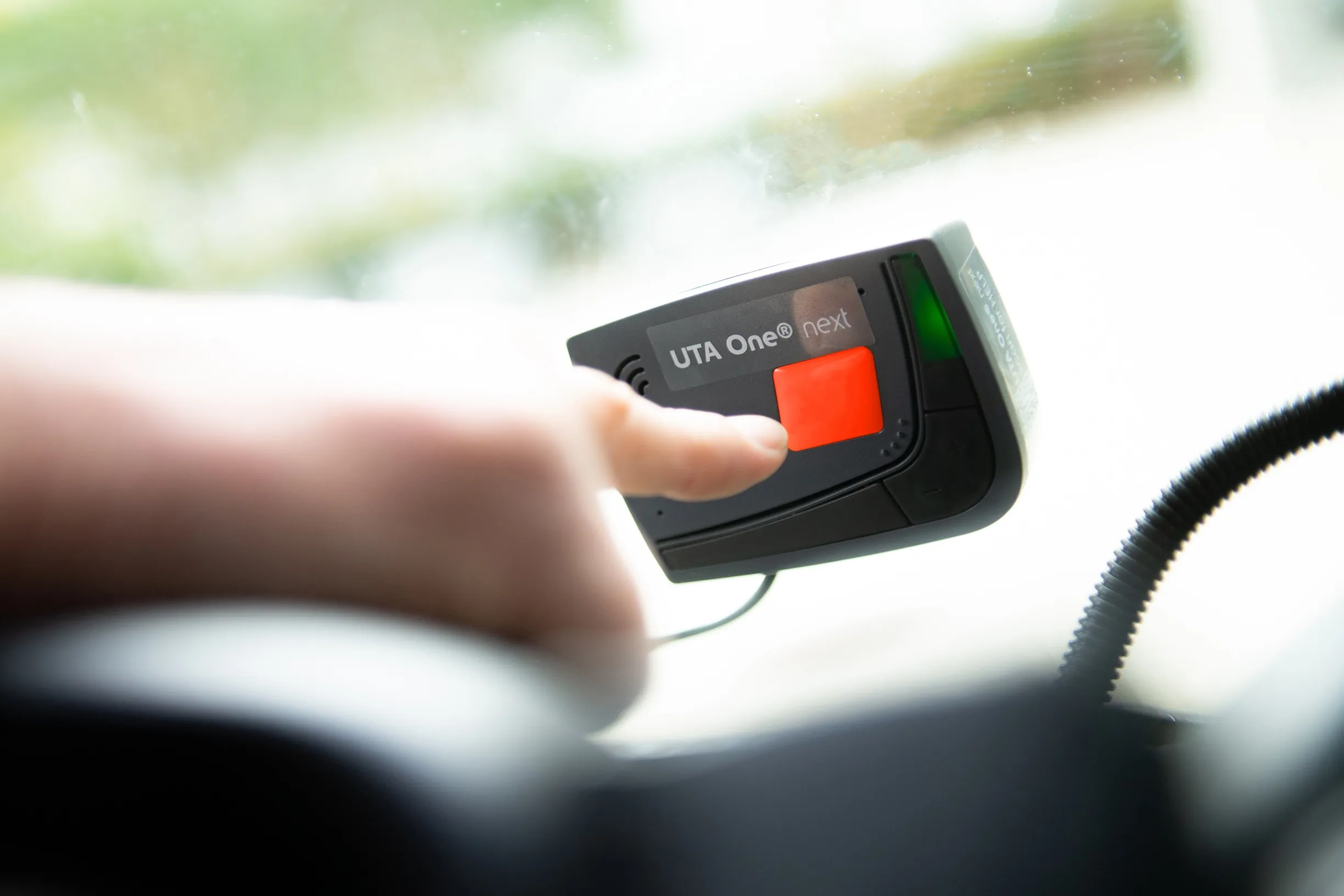
UTA Edenred has expanded the countries where its interoperable UTA One next toll device can be used, with the addition of Croatia and Slovenia.
The 4G-compatible, electronic toll service on-board unit is now available in 18 European countries. This makes it the most comprehensive solution on the market, said UTA, a mobility service provider.
The device can be quickly and easily activated by customers in the UTA Service Center and is installed via an over-the-air update. Alternatively, new devices can be ordered with the countries already installed.
Olaf Schneider, director of tolls and business services at UTA Edenred, said UTA One next, like its UTA One predecessor, is the company’s flagship device. Customers can also look forward to several important enhancements this year.
UTA One next is suitable for vehicles over 3.5 tonnes, making it ideal for companies that travel throughout Europe and that are affected by the new German toll for vehicles over 3.5 tonnes, which came into force on 1 July.
Support for the Czech toll system is in development and the device will be able to process tolls in Denmark from 12 January next year when the country moves from the Eurovignette to an all-new independent toll system.
The predecessor of UTA One next - UTA One - will also receive updates. From this month, it can be used for tolls in Croatia and from 2025, it will support Danish tolls.
UTA One Move is UTA Edenred's interoperable toll device for cars and vans up to 3.5 tonnes. It covers France, Portugal, Spain and Italy, including the city centre toll for Milan (Area C), car park charges and Caronte ferry services.







